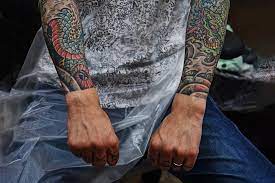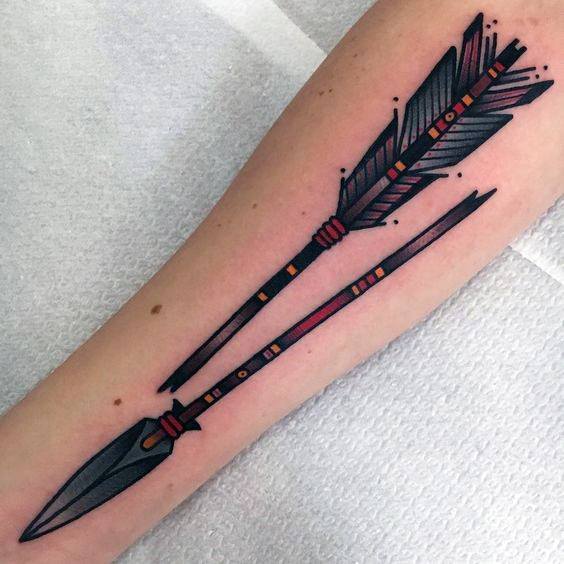Perceptions and Acceptance of Tattoos in Japan

While Japan is an exceptional nation that reveres many cultural traditions, it must adapt and move with the times by accepting tattooed individuals into society. As more international tourists visit Japan, perceptions slowly evolve among Japanese people. Although most ryokans and onsens still don’t permit guests with visible Tattoos to stay, more establishments are beginning to accept visitors with visible tattoos as guests.
Legal Status and Social Stigma
Getting a tattoo in Japan is technically not illegal, but there is an established social stigma associated with them, making some people uneasy about getting one. While attitudes have softened among visitors from foreign countries and visitors planning on staying more extended periods in Japan, Japanese residents who choose to show off their Tattoos publicly usually do so during Sanja Matsuri – an annual Shinto festival held during the third week of May where Tattoos are proudly flaunted as part of their attire.
Restrictions on Entry to Public Facilities
Although legal restrictions have relaxed somewhat, many public facilities and businesses still deny entry to individuals with large Tattoos despite being recognized as art by the Supreme Court in 2020. Tattooed travelers with ink still receive side-eye and are banned from entering gyms, pools, beaches, and traditional ryokan inns due to the misconception that tattoos are associated with criminal activity.
Taboo and Work Regulations
Tattoos may no longer be considered taboo for tourists and visitors to Japan, yet their stigma remains an obstacle for people seeking to live or work there. Some companies or school systems may refuse to hire teachers with visible tattoos. In contrast, others impose rules requiring Tattoos to be covered with stickers or bandaids, imposing more stringent conditions than the minimum standard requirements for Japanese nationals. These rules often stem from criminal associations with body art.
Tattoos in Private Spaces
While Tattoos are not illegal in Japan, many public facilities like onsens, gyms, and pools still refuse entry to those with tattoos due to their association with Yakuza-related tattoos. To avoid discrimination in the workplace and discomfort in private spaces, many tattoo masters choose to keep their body art discreet. Attitudes towards Tattoos are changing among younger generations, but older people may still express disdain due to conservative values and the influence of yakuza films.
Tattoos in Onsens
Tattoos are generally forbidden in public onsens due to their association with organized crime syndicates. However, some onsens have started welcoming tattooed visitors. It’s important to research ahead of time or use websites like “Tattoo Friendly Japan” to find more welcoming onsens. When visiting an onsen, covering tattoos as much as possible during shared sessions is recommended to avoid unnecessary confrontations or awkward situations.

